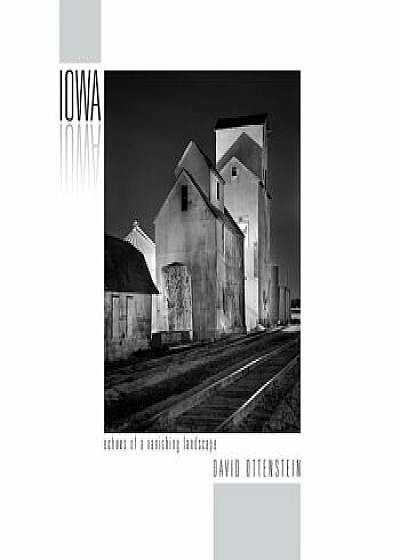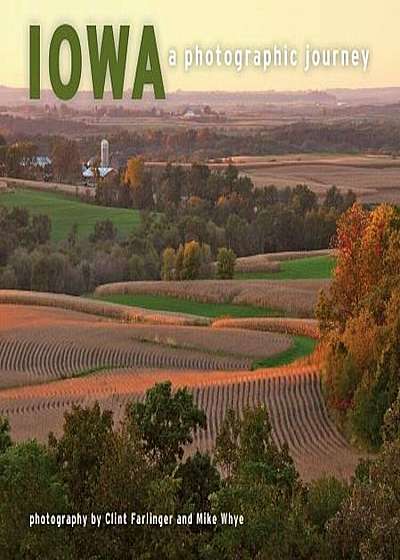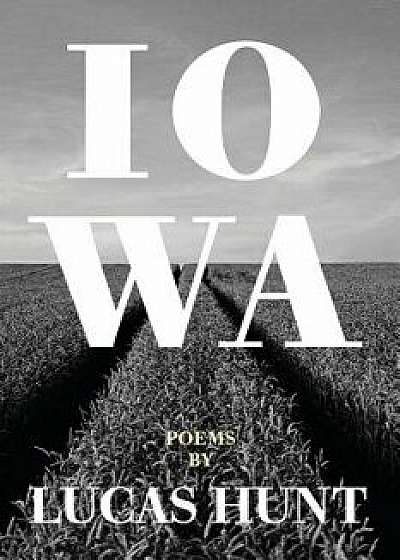
Iowa: Echoes of a Vanishing Landscape: Photographs 2004 - 2016, Hardcover/David Ottenstein
Descriere
Before I began taking pictures in Iowa, I was photographing interiors of decaying industrial buildings in the northeastern United States. In 2002, I read a series of newspaper articles that described momentous changes in the agricultural economy of the Midwest and the resulting transformation of the landscape: unused and abandoned farm buildings left to decay in the countryside and in small towns. Perhaps due to my American studies background, I was intrigued by the idea of exploring this agrarian landscape and comparing it to the decaying industrial America that I had been photographing. In an attempt to define the purpose of my photography in Iowa, I came up with the explanation that I was ``photographing the vanishing architectural landscape of the single-family farm.`` I always felt that the description was incomplete, because the single-family farm, by my thinking, contained much more than the farmstead alone. I have gradually come to understand that my notion of the single-family farm is both broad and complex. It may have been a single entity - the family - that owned and ran the farm, but it was a vast community of people and an infrastructure that collectively comprised this culture. My definition includes the traditional farmstead, the croplands, the pastures, and all that is contained within the physical boundaries of the farm. But it also encompasses small towns and shops where farm products were traded, banks and businesses on which the farms relied, the roads connecting farms to towns and to each other, the railways and trains that transported what the farms produced, the county seat that supplied public services and support, and the grain elevators that provided a critical link in the distribution of farm products. Besides not knowing precisely what I hoped to photograph when I began my travels to Iowa in the spring of 2004, I never imagined that I would make twenty visits over the next thirteen years, or that Grinnell, my base in Iowa, would become a






